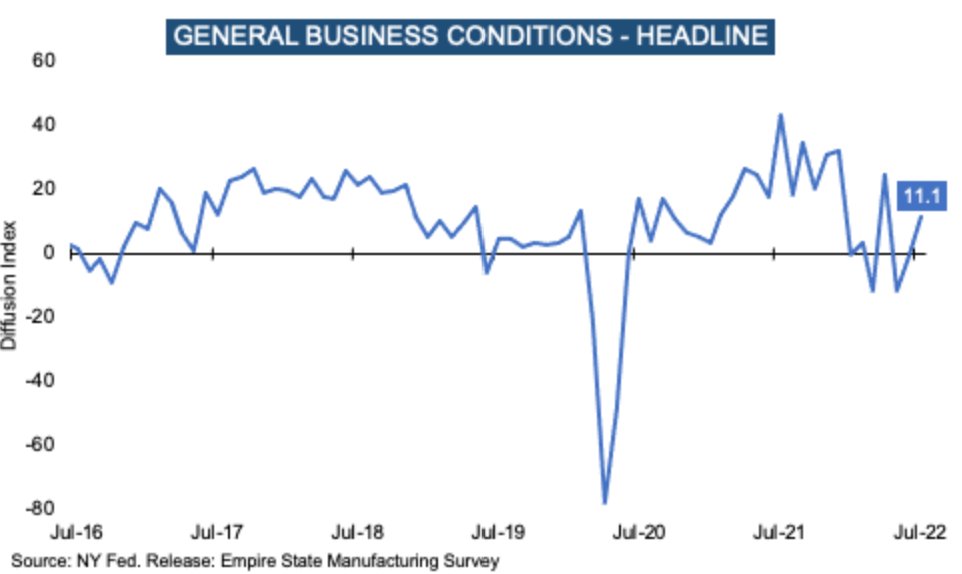
1- #demographics #inflation Two dynamics have tightened the US labor market much more than expected
First, mass Boomer retirement. They left during Covid and are not returning (see gap vs 25-54 below)
First, mass Boomer retirement. They left during Covid and are not returning (see gap vs 25-54 below)

2- Second, massive drop in female participation. Escalating care cost often cited as reason nytimes.com/2022/07/07/bus…
3- This provides a window into demographic and thus inflation trends for the next decade, with 22 million 60+ workers bound to retire (vs ~7m in 1981) @MishGEA
• • •
Missing some Tweet in this thread? You can try to
force a refresh









